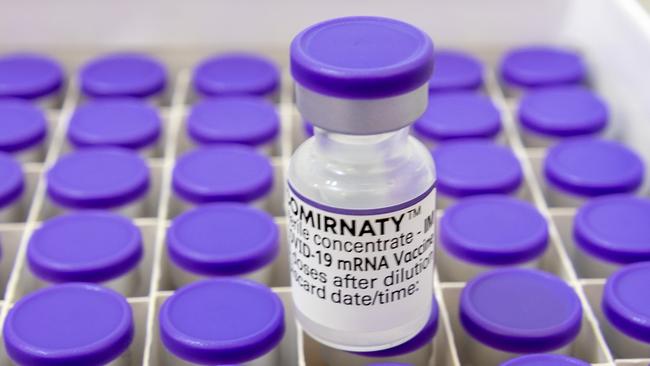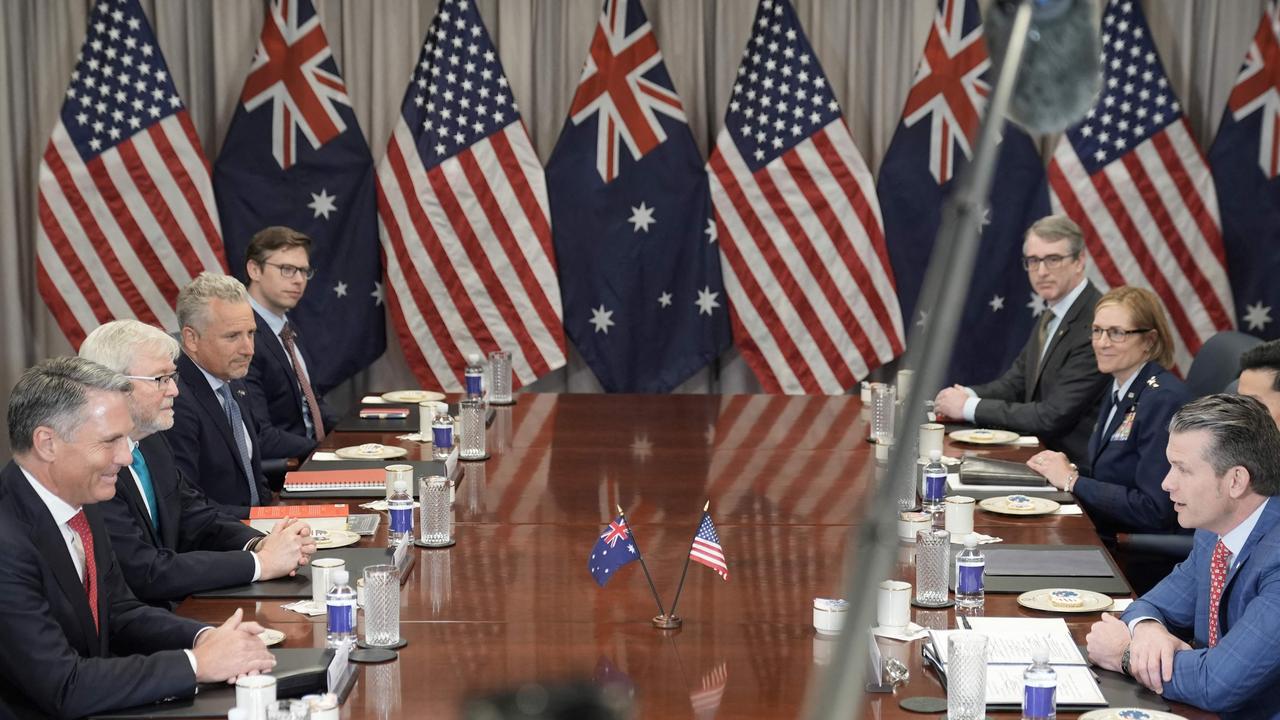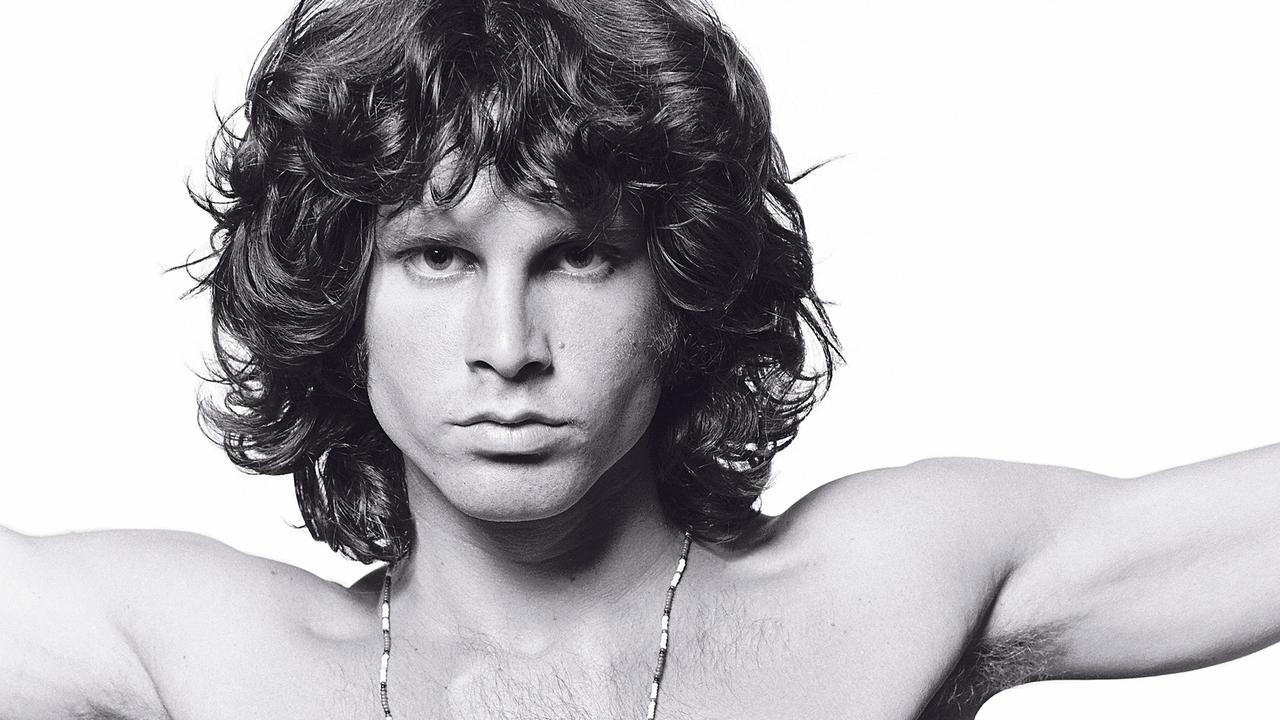Australia at back of queue for vaccinations without reforms
Doctors warn Australians are missing out on the latest global developments in vaccines, resulting in both health and economic repercussions, and say they will continue to do so without a re-evaluation of the National Immunisation Program.

Doctors say Australians are missing out on the latest global developments in vaccines, resulting in both health and economic repercussions, and will continue to do so without a re-evaluation of the National Immunisation Program.
The NIP is the program to subsidise vaccinations for Australians. The federal government provides grants to state and territory governments to administer its residents with free vaccinations. It most prominently provides free vaccinations to children – including vaccines for diphtheria, measles and polio.
A report to be discussed by experts at Monday’s communicable diseases and immunisation conference argues the NIP is “increasingly out of step with international best practice”, which non-profit advocacy organisation Immunisation Coalition chairman Rod Pierce warns undermines Australian public health by delaying and disincentivising the introduction of newer, superior vaccines.
Australia ranked 16th among 20 peer OECD countries for new medicine market access in 2019, according to the medicinal research industry’s peak body.
The report’s author, the UNSW School of Medical Science’s Brendan Shaw, said the NIP did not take into account the full economic benefits of vaccination.
“In the past two years or so, we’ve had a masterclass in the value of vaccination for the community,” he said.
“I think vaccines have to be considered as one of the most important investments from an economic standpoint as well as a social standpoint.
“I think we’re well overdue to have a sensible conversation about the long-term future of our funding of vaccines.”
This economic balancing act hinges on the “discount rate” – the rate at which future gains are given less value than equivalent current gains.
The report says Australia has the equal highest discount rate among OECD countries – that is, Australia values future gains the least relative to immediate ones. The 5 per cent rate has not been changed since it was first set in 1990. In comparison, New Zealand’s rate is 3.5 per cent and the US rate is 3 per cent.
“This sees comparable high-income countries increasingly valuing the health outcomes of their future generations more, while Australia values its future health more akin to that of a lower-income developing nation,” the report reads.
The Immunisation Coalition’s Dr Pierce, who has also previously served on the Australian Technical Advisory Group on Immunisation, said this meant Australians had missed out on sizeable innovations in vaccine technology.
“The shingles vaccine – that’s 30 per cent better than the current one, and that hasn’t been subsidised,” he said.
“The cell-based flu vaccine probably offers a 6 to 10 per cent improvement, but that’s not funded because it’s an incremental improvement, not a major improvement.
“We don’t have a way of keeping those tools that help our system.”
The report also calls on the government to develop a framework for vaccination during future pandemics.



